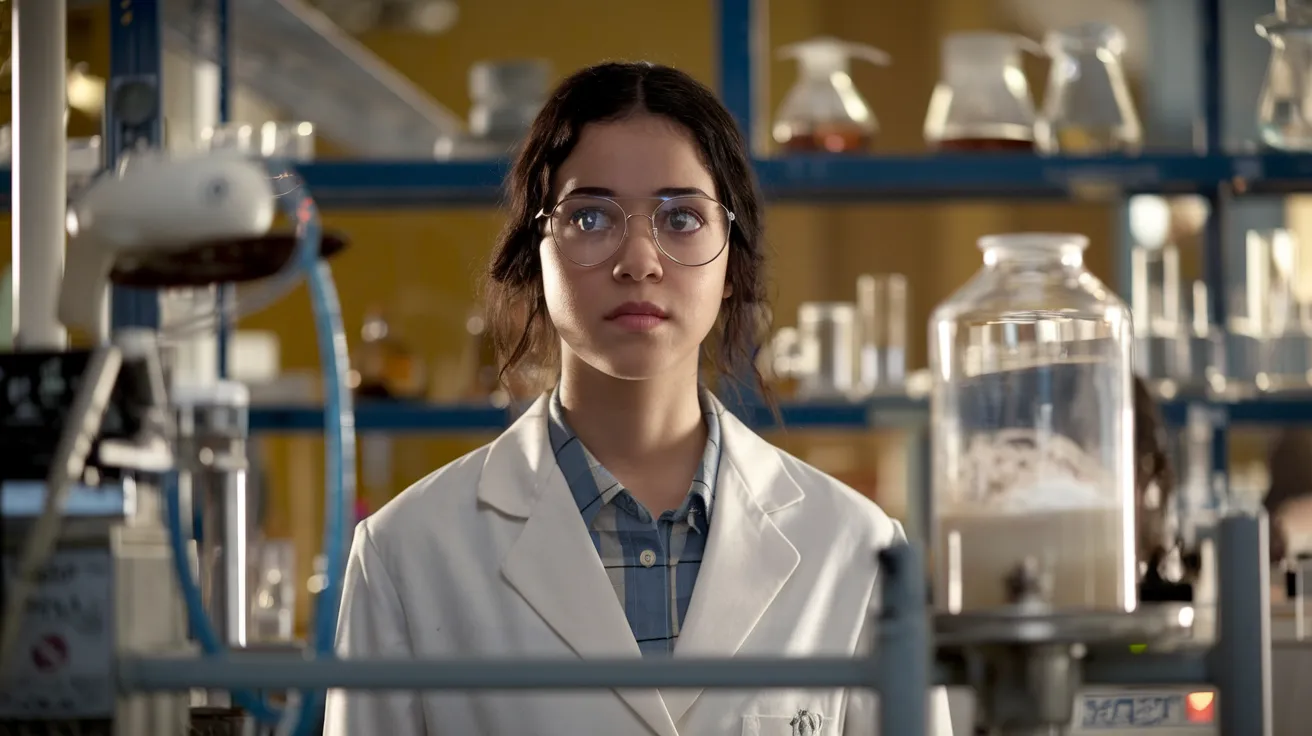Skepticism Over AI Claims in Drug Development

As of January 2023, the biotechnology landscape was abuzz with captivating discussions from high-profile figures such as Elon Musk and the debut of ChatGPT. In this environment, Sean McClain, the CEO of Absci, presented at the prestigious J.P. Morgan Healthcare Conference, where he made grand claims about the capabilities of his synthetic biology company.
McClain asserted that Absci was pioneering technology to create entirely new antibodies using generative AI, boldly claiming, “Absci is the first and only company to design and validate new antibodies with a zero-shot generative AI.” He emphasized that their work was happening purely via computational means, aiming to redefine the drug discovery process by eliminating traditional biological discovery technologies.
However, experts within the biotechnology field are expressing skepticism regarding these assertions. The ambitious claims of startups like Absci and Generate Biomedicines require careful scrutiny, as many in the industry question whether AI can indeed conjure drugs from scratch as suggested.
This skepticism is rooted in the understanding that while AI technology can significantly enhance various stages of drug development, the complexity of biological systems often necessitates empirical validation through experimental methods. The implications of relying solely on AI-driven hypotheses without robust experimental backings could undermine trust in foundational biotech advancements.
As the discourse surrounding AI in drug development evolves, it will be crucial to separate hype from reality. Innovations in AI should be viewed as complementary tools rather than complete replacements for traditional methodologies in drug discovery.
In conclusion, while the potential for AI to revolutionize drug development is undeniable, caution is warranted. The biotechnology sector must balance enthusiasm for these advancements with a commitment to scientific rigor and empirical validation to uphold the integrity of drug development processes.